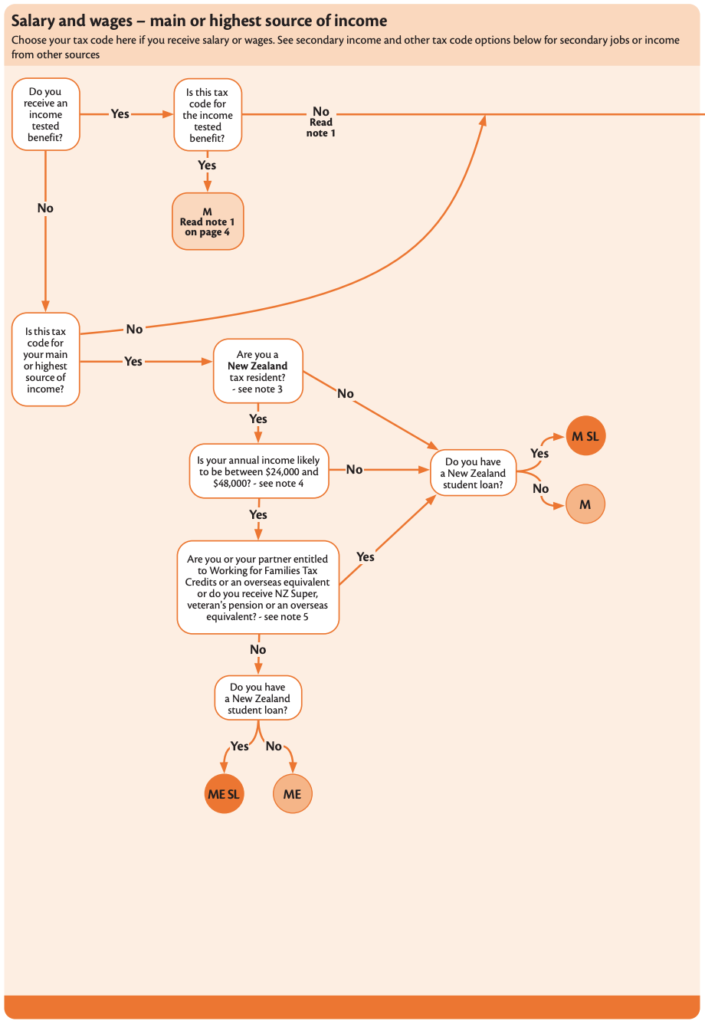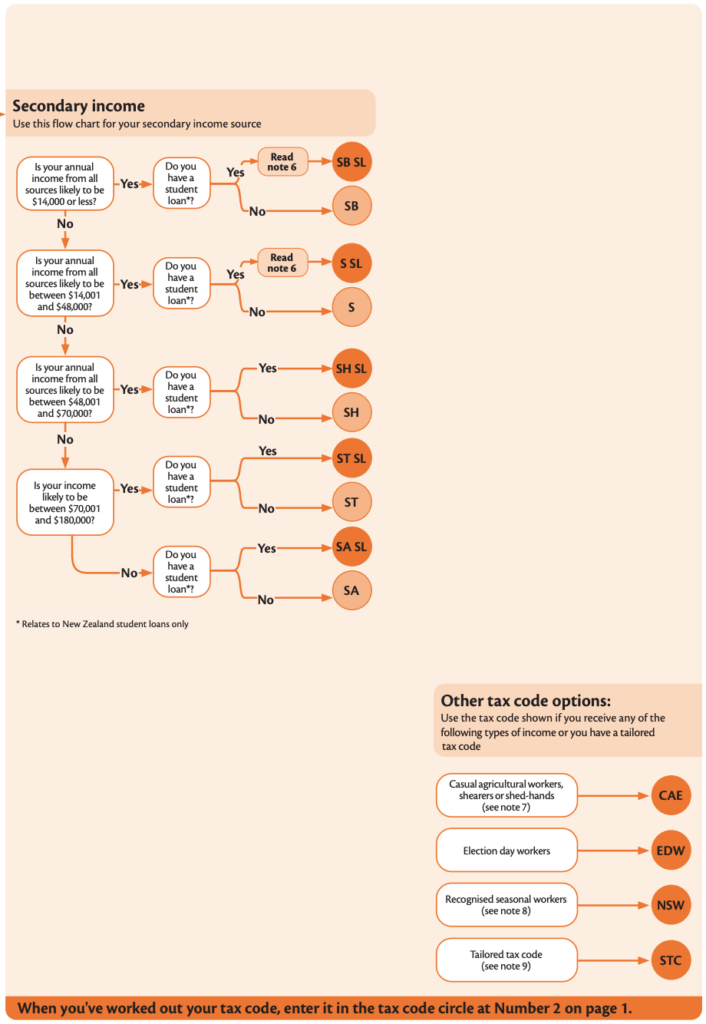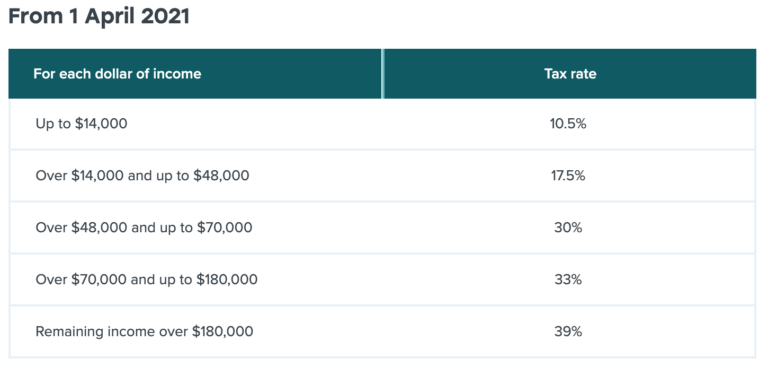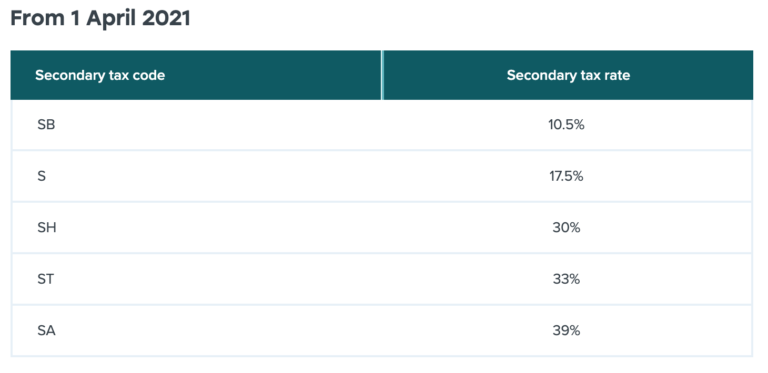If you’re employed Earner’s Levies are included in your PAYE Income Tax (so this is not an extra deduction on top) but just for your information, the rate as of 2021 is $1.30 per $100 up to a maximum of $1819.66.
If you’re self-employed you’ll have to pay Earner’s Levies at this rate, then your Work Levy and Working Safer Levy will be calculated when you file your tax return based on your individual circumstances, and ACC will send you an invoice. There is a calculator on the ACC website here if you’d like to work out an estimate.
Am I resident in New Zealand for tax purposes?
Ah that age old question… this is where that notoriously grey area of international tax law comes to the fore.
The simple answer is if you earn income in New Zealand and reside here for 183 days or more of the year, it’s likely you’ll be considered resident and pay your taxes here.
If you’re a national, citizen or resident of another country I highly recommend getting some advice from an accountant with specialist international tax knowledge as there can be all sorts of implications for where you are domicile, where you hold most of your assets, whether there is a Double Taxation Agreement in place with your home country… it gets complicated and you’ll definitely benefit from some advice on how to arrange your affairs to pay the least tax possible.
Do I have to lodge a tax return?
If you’re employed, probably not. IRD will do an automatic assessment for you based on the PAYE information provided by your employer throughout the year – no paper work for you!
If you’re self-employed probably yes, because you generally haven’t paid any tax on your income throughout the year.
Basically at the end of the tax year IRD will send you either:
1) An automatically issued income tax assessment informing you if you have either no tax due, a tax bill or a tax refund.
2) A request to provide or confirm information about your income (just in case you earned anything outside of your reported wages)
3) A message telling you to complete your tax return if you’re self-employed (you’ll have the option to do this online or with a paper form).
Can I make tax deductions in New Zealand?
Known as “individual expenses” here, there are a few things you can claim that will reduce your taxable income.
For employees:
- Fees charged by an accountant or tax agent to complete your tax return
- Income protection insurance
- Interest on money you’ve borrowed to invest
- Interest paid to IRD for late payment of tax
- i.e. not that much
For contractors:
And there you have it, my idiot’s guide to taxes in New Zealand. Not too many curve balls, but as they say knowledge is power so hopefully you’ve picked up a few bits that help keep a bit more cash in your pocket!
< Back to New Zealand




